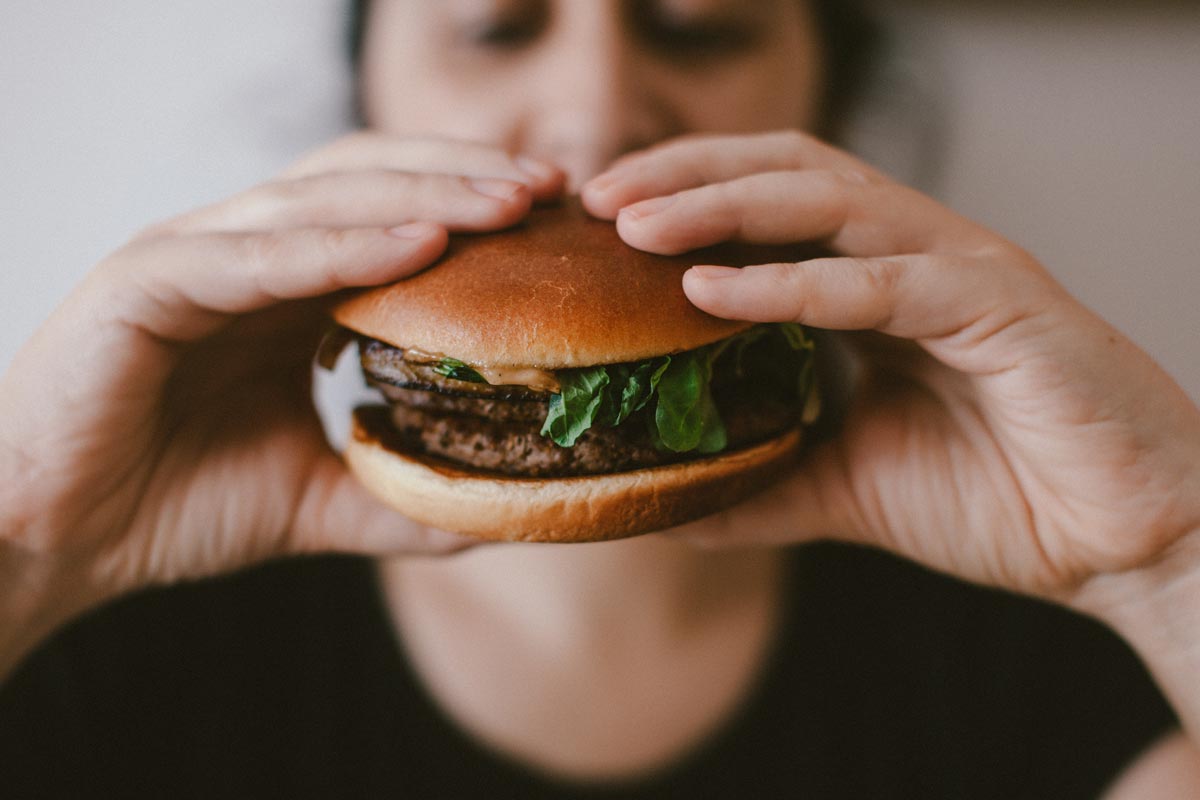
Americans love summertime celebrations, including a plethora of food: sausage and ribs on the grill, ice-cold beverages, crunchy snacks, and calorie-laden desserts. And yes, many of us overindulge. Maybe it’s not too bad to have that extra portion of Aunt Martha’s potato salad or an extra slice of Grandma’s pound cake on the 4th of July, but if you’re overeating every weekend (and during the week, too), you could be in the grip of food addiction.
When the Problem Is Addiction
Recent studies have shown that foods stimulate the production of dopamine in the brain in much the same way that drugs and alcohol do. It is believed that some foods, especially those beloved salty snacks and sweet desserts, over-stimulate the body’s reward mechanisms, resulting in cravings and compulsive eating.
Often confused with hunger, cravings are actually the body’s need to keep dopamine production going. It’s a vicious cycle:
- Junk food consumption over-stimulates receptors in the brain.
- Too much dopamine is produced.
- The brain reduces the number of receptors.
- The body craves more stimulation.
- More and more food (especially the wrong food) is consumed.
To anyone recovering from a drug or alcohol addiction, this pattern is all too familiar.
Ending the Cycle
Food addiction may resemble other substance abuse problems, but there is one overriding fact that makes treating this addiction unique: food cannot be avoided. Humans must eat to survive. Avoiding junk food, exercising regularly, and learning about better nutrition may help, at least for a time, but these strategies do not address the fundamental factors of addiction and are, therefore, subject to relapse.
Programs offering strong social support, such as Overeaters Anonymous and other 12- step programs, have a successful record of dealing with many of the emotional and self-esteem problems associated with food addiction and being overweight. But for some food addicts, especially those whose addiction has resulted in serious eating disorders, professional therapy may be the best approach. Whatever the treatment program, success will depend on identifying and managing the triggers of the addictive eating cycle.
Get Help for Addiction at Our CA Men’s Rehab
10 Acre Ranch is a California residential treatment center for men 18 and older who are struggling with addiction. If you have begun substituting food for your unresolved drug or alcohol addiction, we can help. A wide range of supportive programs are offered at the Ranch, including nutritional counseling, meal preparation, and outdoor recreation. Visit with our staff today to explore how 10 Acre Ranch’s economical, customized residential programs can help you live a healthy, productive, addiction-free life!






